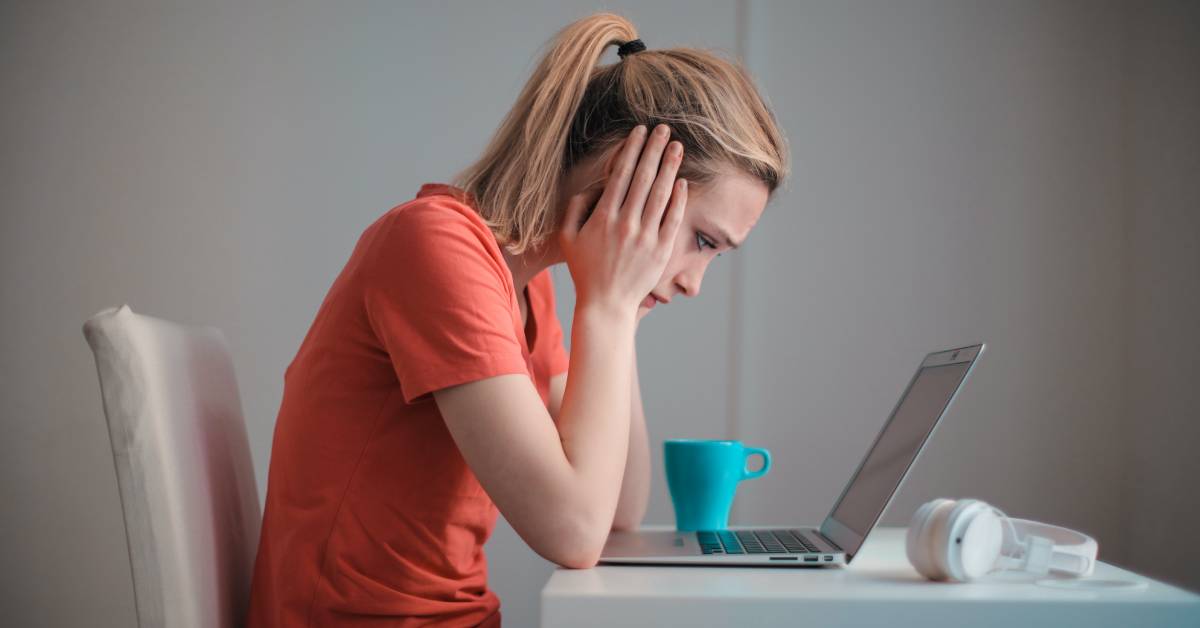Anxiety: Turning Off The Alarm
The fear of anxiety is a gut feeling we all know too well.
You see, sometimes, the fear of feeling anxious can actually be even more overwhelming than the anxiety itself.
Let that sink in.
The fear of feeling anxious is often stronger than anxiety itself.
But here’s the thing, and it’s important to remind ourselves of this: anxiety won’t hurt us.
In the moment, it might feel like the worst is going to happen, but it’s not out there to cause harm or keep us down. Instead, it’s trying its best to be helpful in its own unique way.
I often think of anxiety as an over-enthusiastic ally, not the enemy.
Anxiety believes that it’s here to protect us, to keep us safe from whatever perceived threats it sees in the world around us. The trouble starts when its protective nature becomes a bit too enthusiastic, causing us more distress than the situation warrants.
So, what’s our job in all this?
Our job is about finding that delicate balance, a conversation between ourselves and anxiety. It’s about recognising when anxiety is genuinely helping us navigate a challenging situation, and when anxiety’s well-intentioned efforts are no longer needed.
Think of anxiety like an alarm clock.
When the alarm goes off, it has the intention of waking us up and getting us out of bed. When we’re in a state of alarm, or when we’re anxious, the alarm in our brain goes off. (It’s actually a part of our brain called the Amygdala.) It sends out a message that there’s a threat or danger. Often, there isn’t. It’s just our habitual response.
Our job is to recognise the alarm. It will get louder and more persistent until we pay attention to it and decide that it can be turned off. The reason we can turn it off is because we are not our thoughts or our anxiety. The physiological reaction in our bodies is simply a reaction to the anxiety.
Remember, anxiety is not an enemy. It’s a part of us, a well-meaning part that sometimes gets a bit carried away. As we navigate the ups and downs of life, let’s strive to understand its intentions, and in doing so, find a more compassionate way to relate to it.
Stay kind to yourselves and embrace the journey.
Owen x

